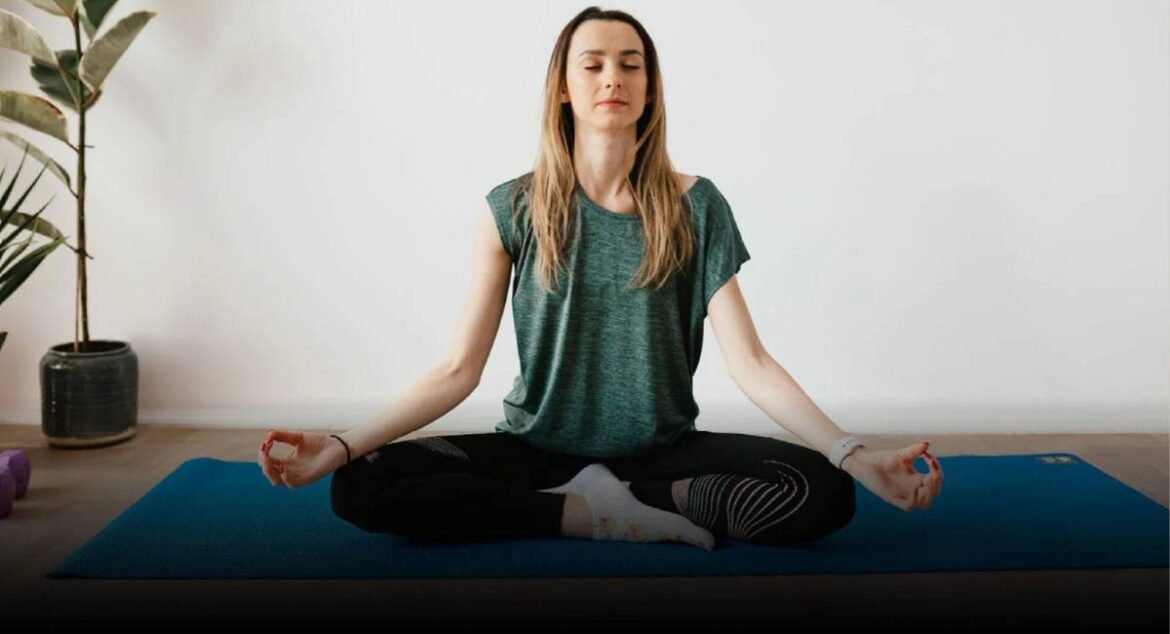
In the fast-paced and demanding landscape of modern life, the pursuit of stress-free living has become more than a luxury; It is a necessity for maintaining mental, emotional and physical well-being. From work pressures to the challenges of personal responsibilities, individuals often find themselves caught in the whirlwind of chaos. This exploration addresses the art of transitioning from chaos to calm, providing insights and practical strategies for mastering the art of stress-free living within the tapestry of your lifestyle.
Before we delve into the techniques for living a stress-free life, it is important to understand the profound effects of stress on overall well-being. Chronic stress can lead to a range of health problems, including cardiovascular problems, weakened immune function and psychological problems such as anxiety and depression. Recognizing the detrimental effects of stress highlights the importance of adopting strategies to overcome life’s challenges with grace and resilience.
At the heart of a stress-free life is the practice of mindfulness and present moment awareness. Mindfulness means developing a heightened awareness of the present moment without judgment. By anchoring yourself in the here and now, you release yourself from the fears of the past and the uncertainties of the future. Incorporating mindfulness into your daily life will help you respond to challenges with clarity and calm.

Self-care is a cornerstone of a stress-free life. Prioritize activities that nourish your body, mind and spirit. This can include regular exercise, enough sleep, a healthy diet, and activities that bring joy and relaxation. When you make self-care a non-negotiable aspect of your routine, you build a foundation for resilience in the face of life’s demands.
Setting healthy boundaries is an important skill for living a stress-free life. Clearly define your boundaries in personal and professional areas. Learn to say no when necessary and communicate your needs effectively. Setting boundaries protects your peace of mind and prevents the overwhelm that often comes with a busy schedule.
Effective time management is a key element in transitioning from chaos to calm. Prioritize tasks, break them down into manageable steps, and distribute time efficiently. Use tools like calendars and planners to organize your schedule. By approaching your daily tasks with a structured mindset, you create space for intentional living and reduce the likelihood of feeling overwhelmed.
Explore stress reduction techniques to find what suits your individual needs. This can include exercises such as breathing exercises, meditation, yoga or progressive muscle relaxation. Experiment with different techniques to find which ones give you a sense of calm and incorporate them into your everyday life.

Cultivating a positive attitude is a powerful antidote to stress. Reframe challenges as opportunities for growth and learning. Practice gratitude by acknowledging the positive aspects of your life. Adopting a positive perspective promotes resilience and allows you to overcome difficulties with a mindset that focuses on solutions rather than problems.
The pervasive influence of technology can lead to stress and overwhelm. Embrace the practice of a digital detox by consciously staying away from the screen at certain times. Create space for genuine connection, relaxation, and activities that support your well-being. Unplugging can help you recharge and regain a sense of control over your time and attention.
In the pursuit of a stress-free life, simplify your lifestyle by adopting a “less is more” mentality. Declutter your physical space, streamline your commitments, and focus on what’s truly important. Simplifying your lifestyle not only reduces external chaos, but also creates mental clarity and allows you to channel your energy into meaningful pursuits.
Simply overcoming challenges can increase stress. Seek social support by connecting with friends, family, or a support network. Share your thoughts and concerns and allow others to provide insight and help. A sense of community and shared experiences can ease the burden of stress and promote a collaborative approach to problem solving.
Mindful breathing is a simple but effective technique for anchoring yourself in the present moment. Take moments throughout the day to focus on your breath by breathing in deeply and breathing out slowly. This practice not only calms the nervous system, but also serves as a reminder to bring your attention back to the present, thereby preventing spiraling into stress-inducing thoughts.
In summary, mastering the art of stress-free living is a transformative journey that requires conscious choices and mindful practices. By incorporating mindfulness, prioritizing self-care, setting healthy boundaries, managing time effectively, using stress reduction techniques, adopting a positive attitude, doing a digital detox, simplifying your lifestyle, seeking social support, and practicing mindful breathing, you create a lifestyle plan , which is characterized by calm and resilience.
View each day as an opportunity to move from chaos to calm and consciously shape your responses to life’s challenges. May your journey to a stress-free life be a source of empowerment, resilience, and the development of a life that aligns with your deepest sense of peace and purpose. By creating a stress-free lifestyle, you not only increase your well-being, but also contribute to a more harmonious and balanced life for those around you.